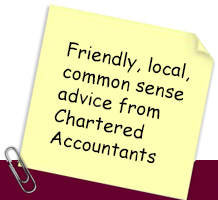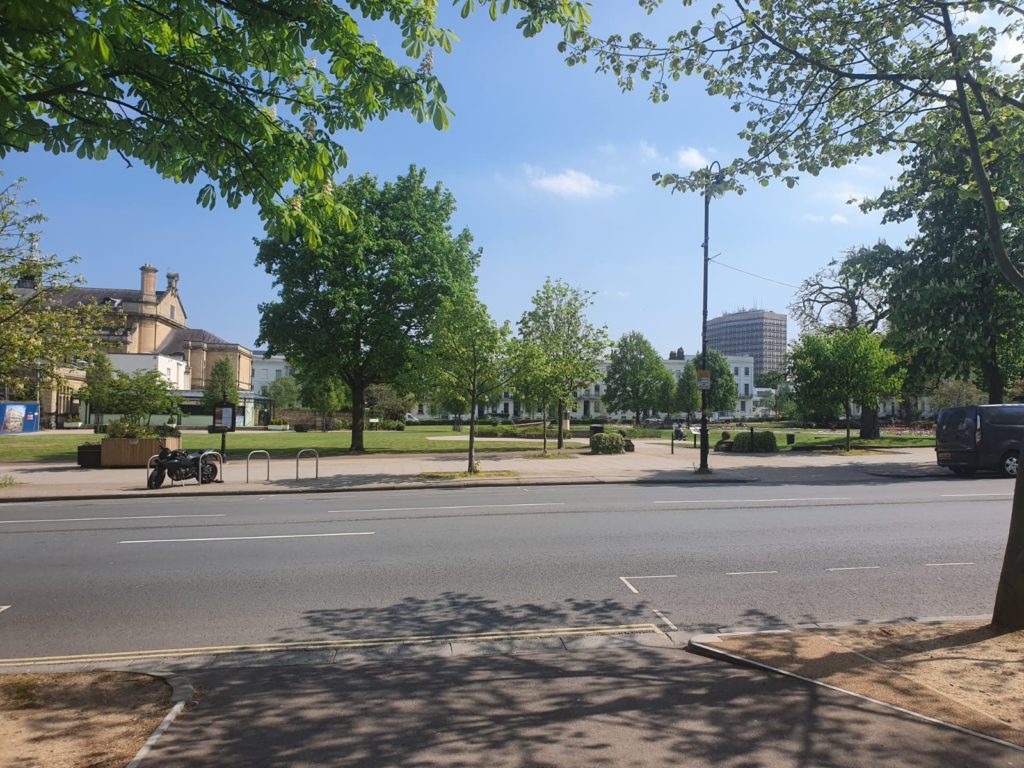HMRC finally released guidance on the operation of the twin job support schemes that both start on 1 November 2020. Please read below for the essential details.
There are now two job support schemes (JSS). The original one designed for businesses that are legally required to close is now called JSS Closed, and the other one introduced by the Chancellor on 22 October for businesses that remain open but with employees working reduced hours is now called JSS Open.
The schemes may be used by the same business concurrently for different employees if it has premises in different areas, some of which are completely closed. A business could also move between the two schemes as the restrictions for the area it operates in change.
Businesses that qualify
The more generous JSS Closed can only be used by businesses which are required to close by the coronavirus regulations, such as under the tier 3 restrictions in England, or the similarly regulations in Wales, Scotland or Northern Ireland. However, where premises are restricted to delivery or collection services, or to serving food outdoors, they count as “closed” if located in a restricted area.
All other small and medium sized businesses can use JSS Open if some or all of their employees are working reduced hours.
Large employers (with 250 or more employees on 23 September 2020) wanting to use JSS Open must also show that their trade has been affected by coronavirus. The VAT returns filed between 31 August and 7 November 2020 must show level or reduced sales (looking at box 6 totals) compared with the VAT returns for the same period in 2019. Group VAT returns should be used, not those for individual companies.
There are also common conditions for both JSS Open and JSS Closed (see below).
JSS Open
The JSS initially proposed in September has been transformed into something closely resembling the CJRS which closes on 31 October. A new factsheet sets out a number of examples, but further legislation and more guidance is expected very soon.
Under JSS Open the employee must work at least 20% of their usual working hours (defined as per the CJRS), which would amount to one day of a normal five-day working week. This reduction in hours must be agreed in writing with the employee.
The employer must pay for all of the worked hours at the employee’s agreed reference salary, plus up to 5% of the value of the hours not worked, up to £125 per month, but the employer may top-up this figure if they wish to. The reference salary will be capped at £3,125 per month, and defined in a similar way to CJRS.
The JSS grant will cover up to two thirds of the hours not worked, capped at £1541.75 per month.
The employer must pay all of the employer’s national insurance (NIC) on all of the wages the employee receives plus any employer’s minimum contribution to a workplace pension.
An employee who works for 20% of their contracted hours will receive:
- 20% of pay for worked time
- 4% (5% x 80%) of pay for non-worked time, capped at £125 per month
- 49.33 of pay (61.66% x 80%) for non-worked time, capped at £1541.75 per month
In total the employee receives 73.33% of their pay and foregoes 26.67% of their normal pay.
| Example 1: Joe the campaigner and JSS Open
Joe is a campaigner employed by Biden Ltd on an annual salary of £36,000, or £3,000 per month. In a normal month he would work 225 hours, which is £13.33 per hour.Joe has agreed to work 45 hours per month for £600. To qualify for the JSS Open, Biden must pay Joe for 5% of his remaining normal hours: £120 (9 x £13.33). The JSS grant should cover the cost of 61.67% of the total 180 non-working hours: £1,479.63 (111 x £13.33).Joe receives pay of £2,199.63 (600 + 120 + 1,479.63), which is 73.33% of his normal pay.Biden Ltd must bear the cost of £720 (600 + 120), plus the employer’s NIC on the full amount paid of £2,199.63 and any relevant workplace pension contributions for Joe. |
JSS Closed
Under this scheme the grant will cover for two thirds of the normal pay of furloughed employees, who cannot work at all, up to a maximum of £2,083.33 per month. The employee must give up one third of their wages, and will have to agree to that change in their employment contract in writing if they are not already on a zero hours contract.
| Example 2: Donny the chef and JSS Closed
Donny is a chef employed by Trump, on a salary of £32,000 or £2,666.67 per month. Trump’s burger bar is closed as it is located in a tier 3 zone.Trump can claim for two thirds of Donny’s monthly salary (£1777.78) under the JSS Closed. Trump will also have to pay the employer’s NIC on that salary plus the minimum employer’s contribution the workplace pension, if Donny has not opted out of that scheme.Donny will receive £1777.78 before tax and NIC deductions, which is two thirds of his normal salary. |
JSS common conditions
The twin JSS grants schemes will run from 1 November 2020 to 30 April 2021, with the conditions to be reviewed in January 2021. The employer need not have claimed under the CJRS to use either JSS. Publicly funded bodies are not expected to use either JSS.
The other conditions for both JSS are as follows:
- The employer must have a UK, Isle of Man or Channel Island bank account
- The employer must use PAYE online
- Only payments to eligible employees qualify for the grants (see below)
- Large businesses are strongly discouraged from paying dividends or returning capital to shareholders while using the scheme.
Which employees are eligible?
There is some difference between the advice on the JSS Open factsheet and the gov.uk guidance on this point.
The factsheet says employees must be on the payroll of the employer between 6 April 2019 and 23 September 2020, and included on at least one RTI return in that period that was submitted before midnight on 23 September 2020. This implies the employee does not have to be employed for that entire period, and employment at some point in the period would qualify.
The gov.uk guidance says the employee must be employed on 23 September 2020. But if the employee has been made redundant since that point and rehired (implied by the same employer), they are an eligible employee.
Any person who is taxed as an employee is an eligible employee for JSS, which would include contractors subject to IR35 and agency workers.
Claims
Employers will be able to claim under either JSS from 8 December 2020, although the first claim period can’t start before 1 November 2020. Where the pay period straddles 1 November 2020, separate claims will have to be submitted under CJRS and JSS.
The claims must be made for minimum seven-day periods, but employees can cycle in and out of the JSS Open and do not have to work the same pattern each month.
A claim can’t be submitted for a particular employee until that employee’s wages have been paid and reported under RTI. This is to reduce fraud, but means the employer has to fund the entire payment to the employee in advance.
Further detailed guidance on how to make claims under either JSS will be published shortly.
Transparency
HMRC will publish the names of the employers which use either JSS Open or JSS Closed.
Employees will be able to check if their employer has made a JSS claim relating to them via their personal tax account. This feature is designed to prevent employers from claiming JSS while also asking employees to work.



